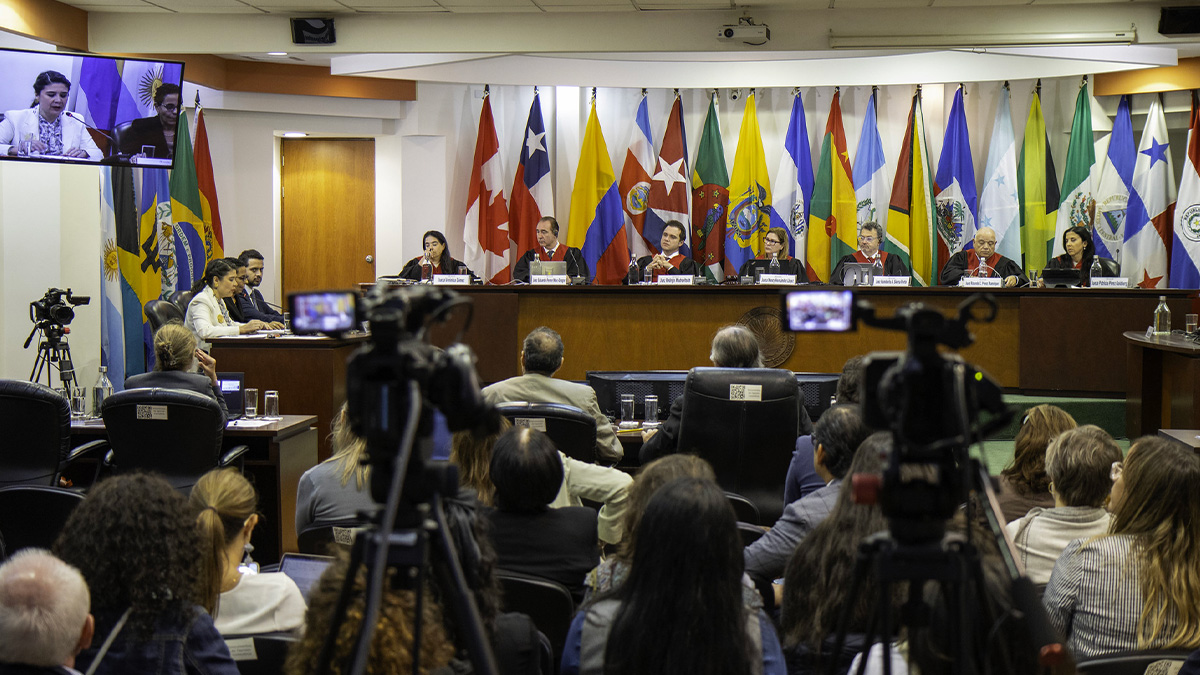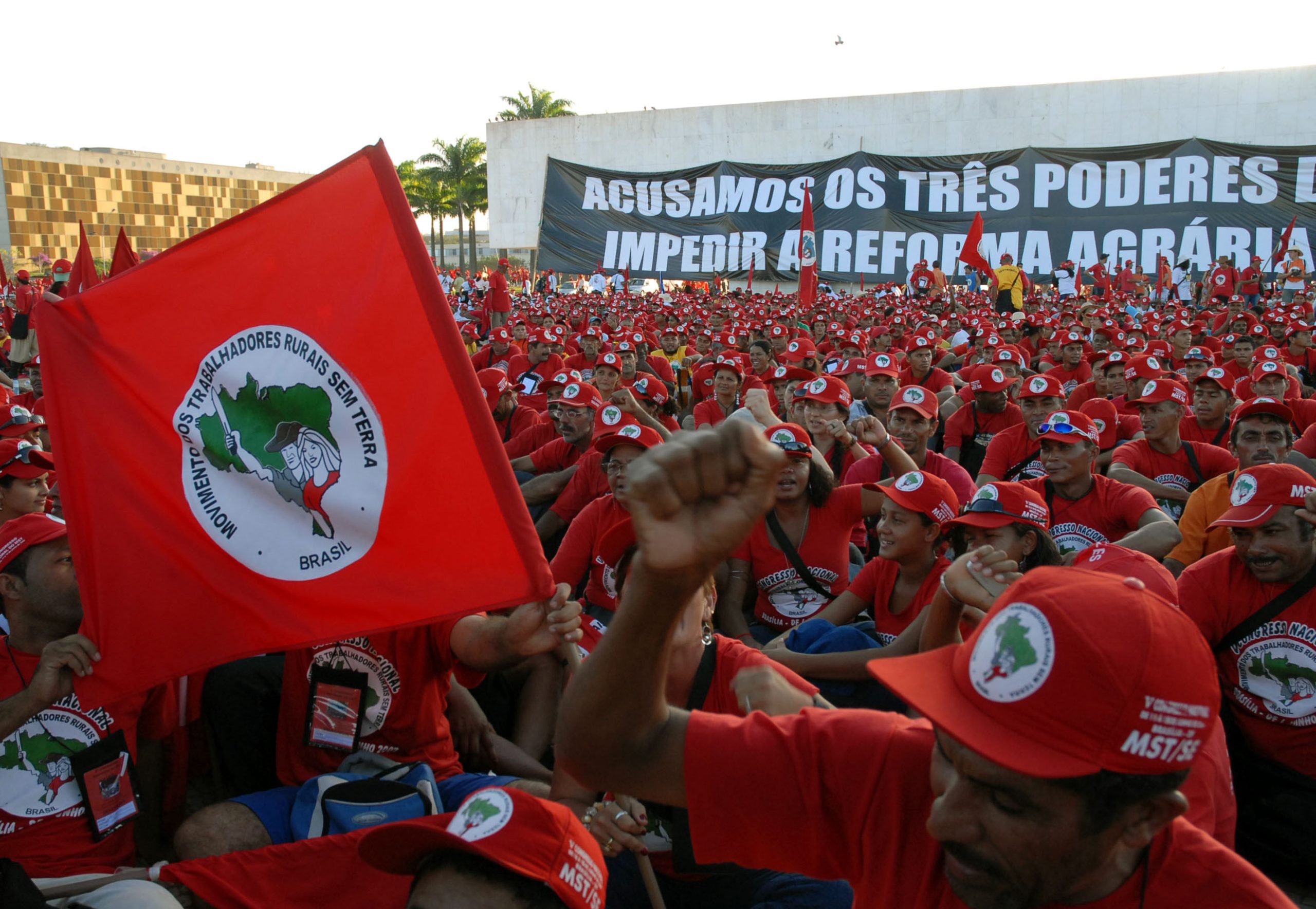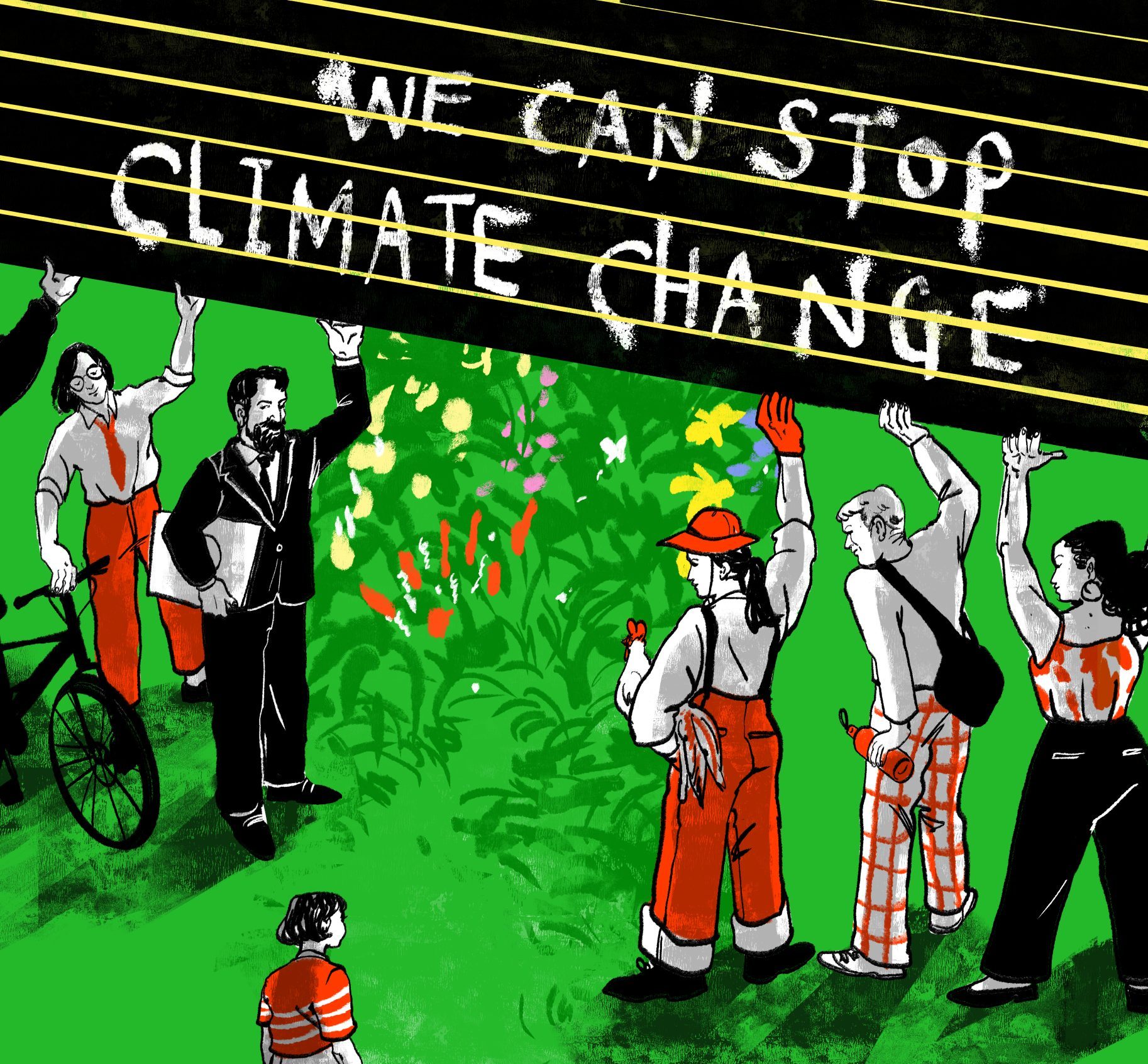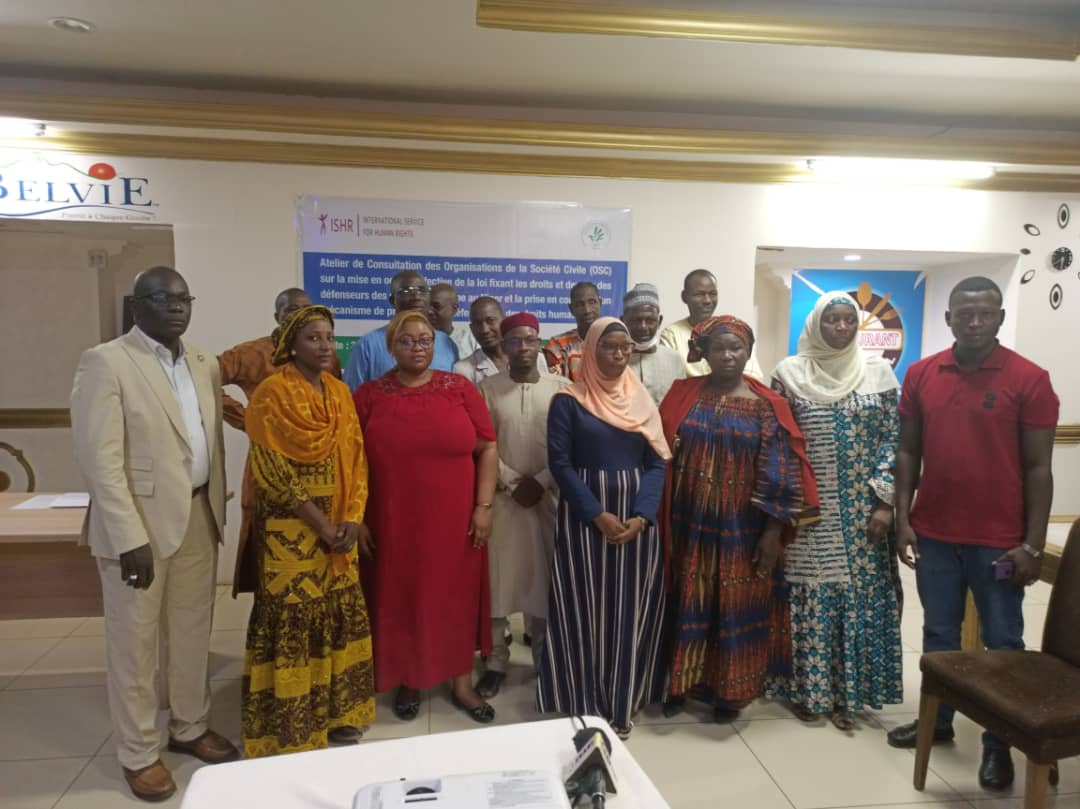In July 2022, through a joint amicus brief filed with nine other organisations to the Inter-American Court of Human Rights, ISHR echoed Brazil’s international and regional human rights obligations to protect the right to freedom of expression, association, and peaceful assembly of members of Movimento dos Trabalhadores Sem Terra (MST).
Presented in the case of Antonio Tavares Pereira et al. v. Brazil, the joint amicus focuses on analysing the protection of rights within the civic space, particularly, freedom of expression, and freedom of association of members of MST, the largest workers’ movement in Latin America. The submission calls for justice against acts of violence and impunity, following the demand for agrarian reform in Brazil. Based on well-established international and regional legal principles, the brief hopes to contribute independently and impartially to the Inter-American Court’s (Court) attempt to deepen and strengthen its understanding of the right to freedom of expression and association.
Marginalised communities like the MST, have historically relied on the rights to freedom of expression and association as fundamental in supporting their members’ collective social resistance against segregation, exclusion, and exploitation. These fundamental rights have been critical, especially for historically-oppressed groups, in creating space for political socialisation and building a collective identity to pursue their legal rights. In the past, the Court as well as other international mechanisms, have recognized and reiterated that protecting the rights of associations is indispensable in safeguarding the right of members to organise. This established principle helps encompass, within the rights to association and assembly, not just individual rights, but also the collective efforts of marginalised individuals, with or without a legal identity.
‘We saw this amicus as an opportunity to highlight prior decisions of the Court that recognise the rights of indigenous people to collective protection under the American Convention on Human Rights. Through the amicus we called on the Court to recognize the rights to freedom of expression and association of MST both as a collective, as well as in their individual capacities’, said ISHR’s Tess McEvoy.
ISHR hopes that the Court takes this opportunity to develop and strengthen its jurisprudence to protect the rights of MST, a historically marginalised community in Brazil.
Download as PDF




